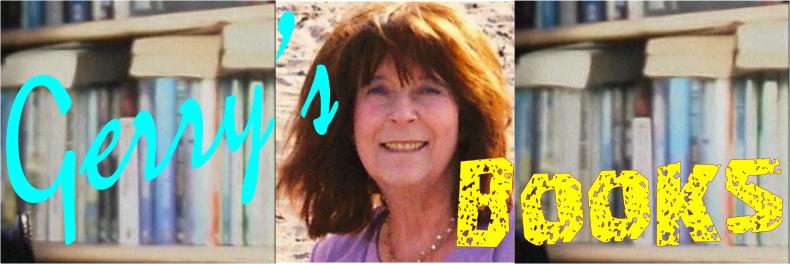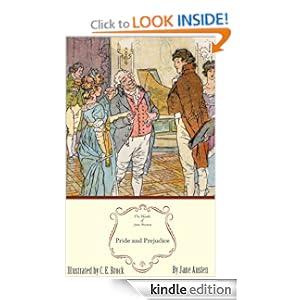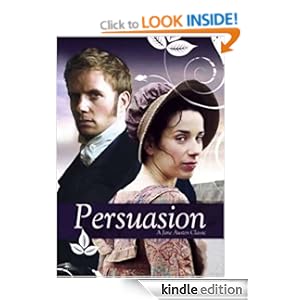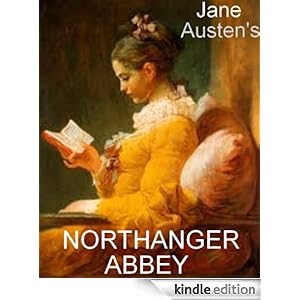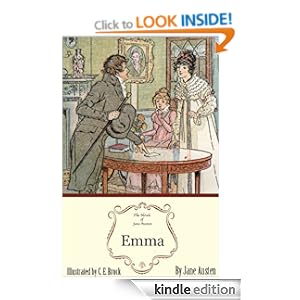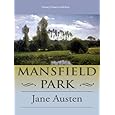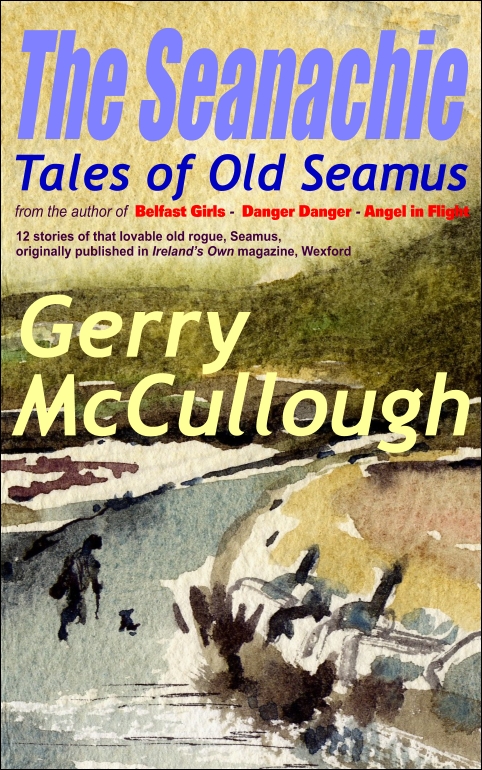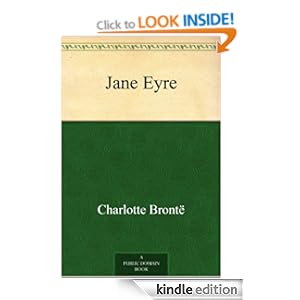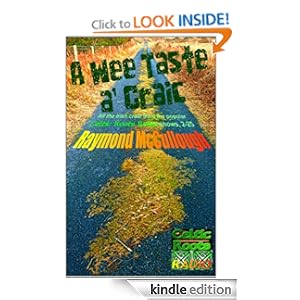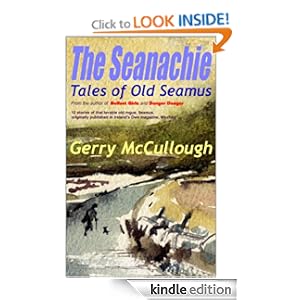Since then I've read and re-read all six of the published books, the Juvenilia, the Letters and the Life, and other lives, and literary criticism, and in fact anything I could get my hands on. I've also watched every possible film and TV adaptation, usually with some disappointment. But hey, it's always been enjoyable, even if I've spent some time shouting at the screen, 'No! That's not what the book says!' to the annoyance of my companion(s).
So why do I like Jane Austen? (Apart from the fact that like me and Shakespeare, she couldn't spell?)
Well first of all, she's very funny, with the type of humour I love. Who could beat the well-known first sentence of Pride and Prejudice? 'It is a truth universally acknowledged, that a single man in possession of a good fortune, must be in want of a wife.' Yes. No longer true, maybe – marriage is no longer the ultimate aim for women – but the essential truth is still there and so is the wit. It's not so much the man who wants a wife, as the surrounding women who feel he would make a suitable husband for themselves or their daughters. The wit relies on our immediate understanding of this fact, that the 'truth universally acknowledged' is acknowledged not by the man himself but by the women who know him.

In writing about Jane Austen, It would be easy to spend the whole time on her humour. Lady Catherine de Burgh's interview with Elizabeth must be mentioned, and Sir Walter Eliot's preoccupation with the Baronetage and especially his own entry in it; and I particularly love the bit in Sense and Sensibility where Elinor is trying to be calm about the possibility that Edward may be about to propose to her – or may not. '…with a countenance meaning to be open, she sat down again and talked of the weather.' And it would be very bad to forget Miss Bates in Emma, although there is far too much of her to quote at length. You'll have to read it for yourself, if you haven't done so already.
But it's not just her humour that makes me love Jane Austen. (Mind you, I think humour in novels is seriously undervalued, and I can never consider a writer as one of my real favourites who doesn't have at least a bit of it . One reason why I prefer Fitzgerald to Hemingway, for example.)
But Jane Austen's real strength lies in her characters, and in her depth of meaning.
Take her characters first. Probably her most popular character is Darcy, mainly because of his portrayal by Colin Firth. I've no objection to that. But I like Elizabeth much more, and Anne Eliot, and Fanny Price. Darcy, in the actual book, starts off as a bit of a pain. (Rather like my own John Branagh, in Belfast Girls.) Elizabeth hears him saying about her at a dance, 'She is tolerable; but not handsome enough to tempt me; and I am in no humour at present to give consequence to young ladies who are slighted by other men…' No wonder Elizabeth starts off prejudiced against him! And his arrogant proposal later in the book hardly helps. But Elizabeth, witty, kind, intelligent and easy to relate to, is an ideal heroine. 'Light and bright and sparkling,' as Jane Austen herself said.
Anne Eliot, in turn, is the ideal for a teenager desperately in love and hoping against hope that their love will be returned. (And who hasn't been?) For Anne, things work out in the end. I defy anyone to read the part of Persuasion where Anne finds, at the concert, that Captain Wentworth does seem interested in her after all, without emotion. And as for Fanny Price, it was in my maturity that I began to realise that she was a strong, admirable character whom I really liked.
I began by having Elizabeth Bennet as my favourite, moved on to Anne Eliot, and then went to Fanny Price – signs of growth. Currently I like Emma quite a lot, and am tending back towards Elizabeth.
But it's not just the heroines she excels in. Jane Austen's minor characters – Miss Bates, Mr Woodhouse, Mr and Mrs Elton; the Misses Steele, Mrs Jennings, Robert Ferrars; Mr Collins, Lady Catherine de Burgh; Mrs Norris, and so many others, are drawn with amazing dexterity and liveliness; and if there were no heroes or heroines to grab our attention, these minor characters would still make us return to the books again and again.
And in addition to the characters, we have the wisdom and depth of understanding which shine throughout the books. Northanger Abbey explores and mocks the type of book and its readers which deal with unreal, exaggerated happenings, such as the gothic romances of Ann Radcliffe, comparable to, for instance, Stephanie Meyer's Twilight series now. Jane Austen has read and enjoyed Radcliffe herself – she doesn't write the books off as rubbish – but she does feel that readers should be aware that real life is not usually like this. On the other hand, although the imaginings of sweet little Catherine in Northanger Abbey are unreal, General Morland is certainly a villain in his own way, and Henry rescues Catherine from his bad treatment of her just as clearly as Mrs Radcliffe's heroes rescues her heroines.
In Pride and Prejudice (and indeed in all her books) Jane Austen deals with the problem of a woman in her time who is expected to support herself by marrying a well off husband. None of Jane Austen's heroines is willing to do this (any more than she was herself.) They consistently reject the opportunity to marry a reasonably well off man whom they don't love (Mr Collins, Henry Crawford, Mr Elliot, etc – indeed, Darcy himself in the middle of the book). Emma, exceptionally, has no need to marry to support herself, being already well off, and she gives us a clear outline of her (and Jane Austen's) opinion on this subject.
Jane Austen writes about strong women, who refuse to be put down by the ethos of their time and to be considered inferior to men. They stand up for themselves and for their own ideas, and refuse to be told what to believe or do. Unlike many of their contemporaries, they put up with whatever is necessary rather than buckle under to men who ill treat them. Jane Fairfax, for example, chooses to become a governess – and Jane Austen leaves us in no doubt as to the horrors of such a means of earning a living – rather than marry Frank Churchill, who has treated her in a way which demeans her. She will maintain her own character at any cost. Fanny Price, returning to the squalor of her home in Portsmouth rather than marry the immoral Henry Crawford, accepts a similarly dreadful life rather than give up her own moral stance. These are typical Jane Austen women, and our admiration for them should never be withheld.
I could write at much further length about Jane Austen's depth, but perhaps I'll just go and re-read Mansfield Park or Emma – now, which? Decisions, decisions! – instead.
Meanwhile, I almost (but not quite) hesitate to mention my own books in the same breath as Jane Austen. But have you read Belfast Girls, or Danger Danger, or my latest, The Seanachie: Tales of Old Seamus, yet? Do please try them. I'll love you forever! You can buy them at these links:
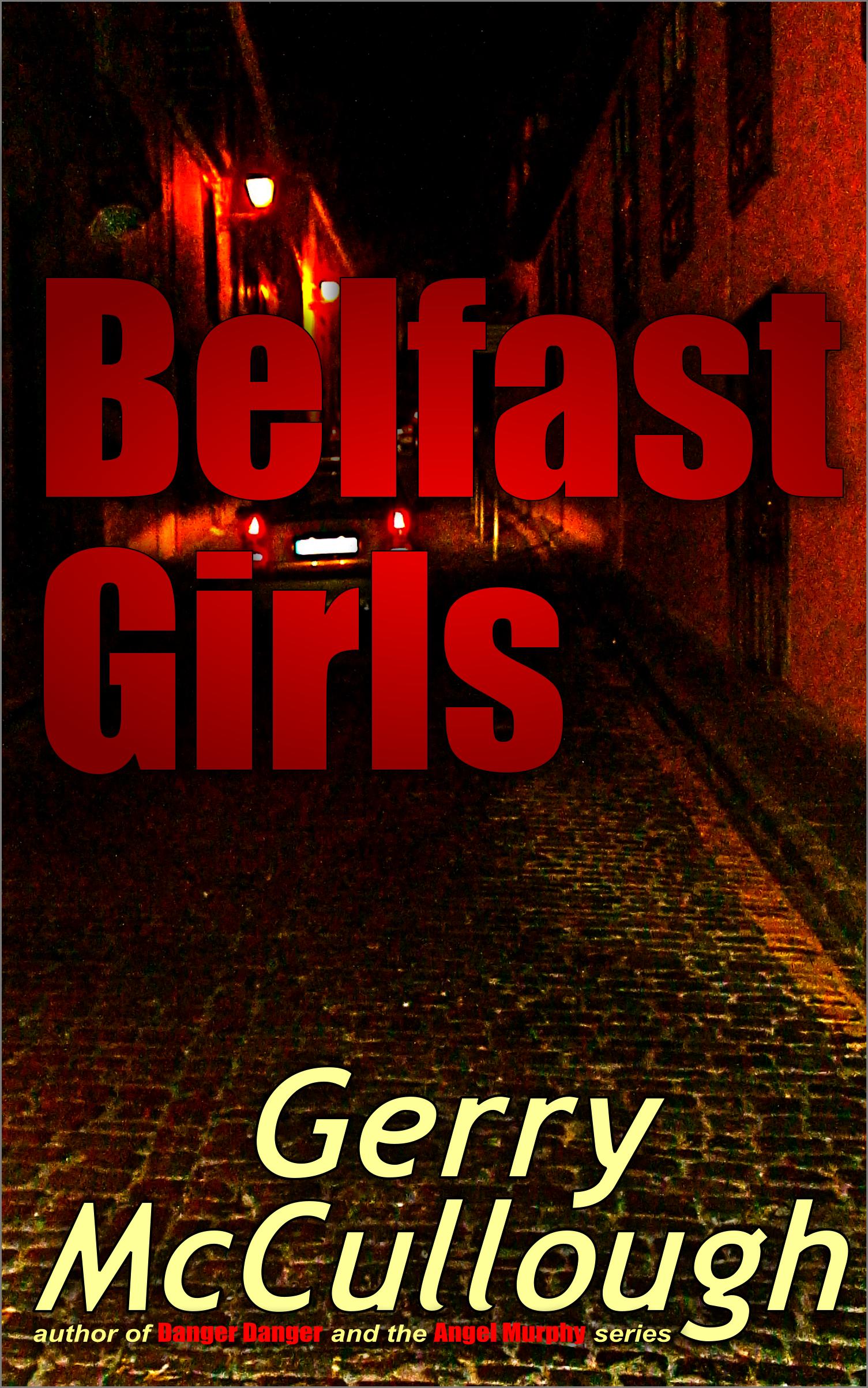
http://www.amazon.com/Belfast-Girls-ebook/dp/B004DNWS3W
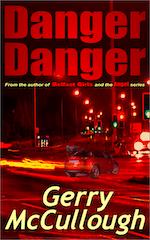
God Bless! See you soon!
